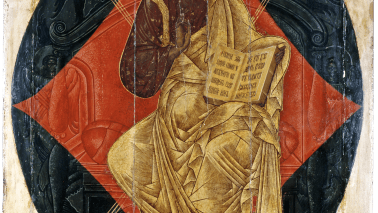These three timely works of creative nonfiction explore the question of race: chronicling histories of colonialism and migration; examining the institutionalisation of prejudice; and charting movements of change and the resistance to change. Maxine Beneba Clarke’s memoir, The Hate Race, tempers a tale of schoolyard trauma with gentle humour; Reni Eddo-Lodge’s debut, Why I’m No Longer Talking to White People About Race, is a broadside, a roar of outrage; while Eula Biss’s elegantly structured essays in Notes from No Man’s Land are delivered with a deceptively quiet insistence that nevertheless leaves the reader shaken.
They focus, respectively, on Australia, Britain and the United States. ‘Racism is a shortcoming of the heart,’ Clarke writes in her introduction. ‘Racism is about the strategy of systemic power,’ Eddo-Lodge asserts, and ‘power never goes down without a fight’. Biss says, ‘race is a social function’.
Maxine Beneba Clarke is the daughter of black British parents of Guyanese and Jamaican heritage who emigrated to Australia as newlyweds. Clarke, her elder sister and younger brother were all born and brought up in the Sydney suburb of Kellyville. Their lives were decidedly ordinary and middle-class — except, of course, they were black in what is a white country, albeit one, as Clarke acknowledges, founded on the genocide of its original inhabitants.
She opens by recounting a morning’s walk to school with her infant daughter and pre-school son. A man in a van pulls up alongside, snarling racist abuse at her and, more terrifyingly, her children. Clarke diffidently explains her extreme reaction. It has been, she writes, at least ‘ten months since I was publicly abused’. The appeal of Clarke’s approach is how she confronts the troubled past of the country of her birth, and the unremitting bullying she faced as a schoolgirl, both reflectively and with wit.








Comments
Join the debate for just £1 a month
Be part of the conversation with other Spectator readers by getting your first three months for £3.
UNLOCK ACCESS Just £1 a monthAlready a subscriber? Log in